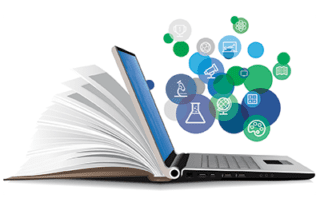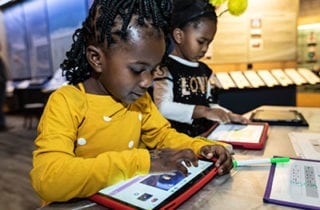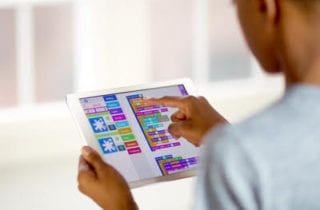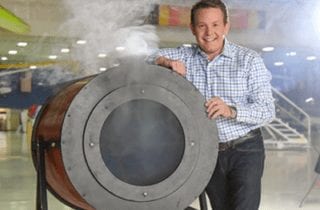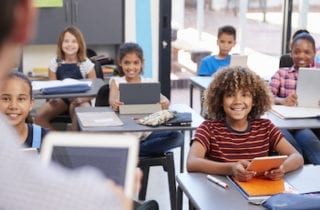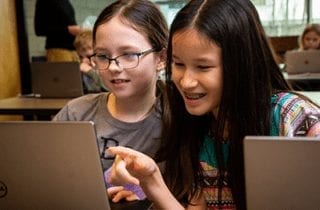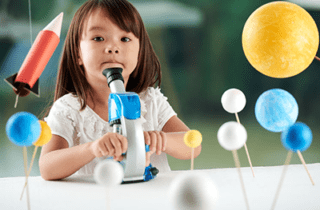Join Dr. Mike Marvel and James Palcik of Flinn Scientific as they discuss how the right safety procedures and instructional approaches can make for effective and engaging science laboratory and “hands-on” STEM experiences for middle school and high school students.
In this edWebinar, we will discuss how to engage students in STEM and active play with hybrid learning and how to get students collaborating remotely.
Gain an understanding of why hands-on activities bring meaning to STEM and discuss ways to bring hands-on activities into virtual learning environments.
If circumstances call for social distancing (think COVID-19!), distance learning comes into play. It has its benefits, wearing PJs among them. It also has its challenges: lots of screen and seat time; virtual tools that might not fully engage learners; and programs that may not be a good fit with the curriculum. In short, they don’t always measure up to the “real thing” that is school.
In this edWebinar, Kirstin Harrington, EdTech Coach from Flagler County Schools, will discuss how she is supporting teachers and students with STEM activities to keep students learning and engaged at home.
Steve Spangler shares his creative ideas and strategies to teach hands-on science through the medium of children’s literature.
During this edWebinar, Dr. Justin Aglio will lead a conversation about the current state of EdTech and how educational leaders can help their schools move forward into the future.
Students exposed to coding and programming at an early age are well equipped to take on higher-level computer science courses in high school and have essential skills for future opportunities in the technology world. When Rob van Nood was hired as the educational technology specialist for Catlin Gabel School in Oregon, coding and computer science courses were only offered in grades 9-12 and not to students in the younger grades. The lack of coding curricula at the younger levels has left a significant teaching gap in 21st century skills such as problem solving, designing, and computation thinking.
Preparing young children for jobs that haven’t been invented yet may sound like a difficult task for educators, but a recent edWebinar showed how preK and kindergarten teachers can start developing the skills needed for future careers. Marnie Forestieri, the CEO of Young Innovators, and Debby Mitchell, Ed.D., a Young Innovators curriculum writer, explained the process for creating lesson plans that include projects introducing science, technology, engineering, arts and math (STEAM), noting that “STEAM happens naturally in young children as they explore and investigate the world around them.”
In this edWebinar, Rob van Nood, Educational Technology Specialist from Catlin Gabel School, will show you how to use coding and data-collection technology to enhance your students’ development of creativity, communication, collaboration, and critical thinking skills.


